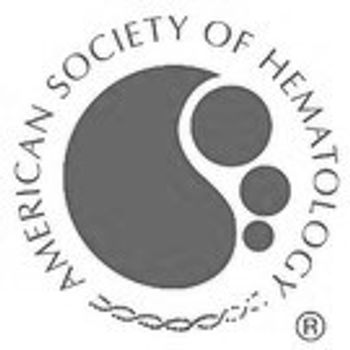
Sara A. Hurvitz, MD, director of the Breast Oncology Program, medical director of the Clinical Research Unit, University of California, Los Angeles Jonsson Comprehensive Cancer Center, discusses response to abemaciclib (Verzenio) in the neoMONARCH trial at the 2018 San Antonio Breast Cancer Symposium.







